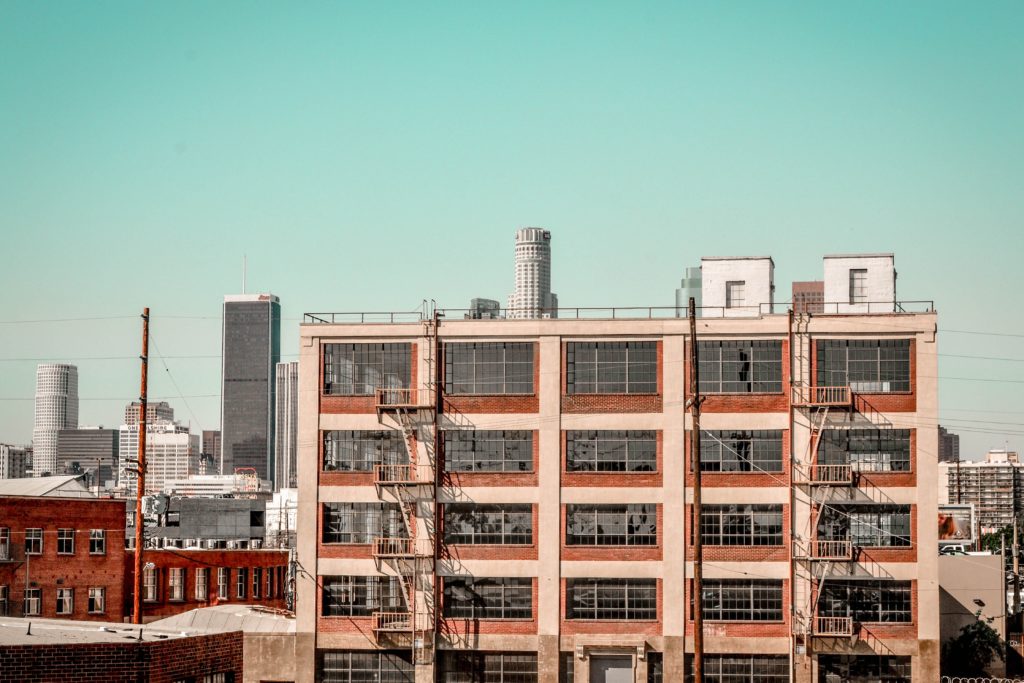By Jason Her
Edited by Natalie Grace Sipula
[3 minute read]
As a social work student living in Los Angeles, I often wondered about the homeless crisis shown on the news and the actions being taken to assist this population. This made me question many things about the situation, and I wondered how it had gotten this bad. Coincidentally, this led me to an internship working with the homeless population, an opportunity that was unexpected, but that allowed me to gain a better understanding of the crisis we are facing.

Although there are many reasons why one may experience homelessness, contributing factors are state and federal policies. An example is the Lanterman-Petris-Short Act in 1967 which led the state government to deinstitutionalize mentally ill patients. California was one of the first states to do so. Some may argue this was a good thing, but as a result, victimization, homelessness, and increased rates of incarceration occurred. This was followed by the Omnibus Budget Reconciliation Act (OBRA, which President Ronald Reagan signed into law in 1987). It decreased federal funding to the states and gave patients the choice to seek treatment outside of a mental institution, have the option to seek treatments at clinics at the state level, and have the freedom to administer their own medication. An ethical move in the eyes of the federal government, but as we know, the mentally ill are amongst the most vulnerable populations in society because most cannot make sound decisions. As a consequence of these policies, mental illness has become prevalent in the homeless population, making it a difficult problem to tackle.
Aside from these policies, another factor that has contributed to the homeless crisis in Los Angeles is the destruction of single-room occupancy hotels in Skid Row. These single-room occupancies were the most affordable housing mostly used by transient, immigrant men who worked to build railroads around the mid-19th century. In the 20th century, men from the rest of the United States who headed west for employment would often end up on Skid Row, where they could find housing, food, or shelter of some kind. Over the years, it would house the city’s working poor, unemployed, disabled, and otherwise marginalized residents. But between 1950 and 2000, 15,000 residential hotel apartments that were once single-room-occupancy were destroyed, forcing thousands of people onto the city’s shelters and sidewalks.

As a result, the creation of the Los Angeles Homeless Service Authority (LAHSA) was established in December 1993 to combat the growing homeless crisis. Over time, city and county elected officials, in partnership with LAHSA created and pushed for Measure H, a plan to prevent and combat homelessness by creating a sales tax that generates funds for specific purposes of funding homeless services and short-term housing. Following suit, Proposition HHH was introduced and allowed for the building of housing for the chronically homeless.
Despite the current work that is being done to combat homelessness, I realize the policies enacted and the destruction of single-room occupancy have left a lasting effect on the homeless crisis. But there is hope as future projects are in the works, and initiatives are being taken to fix the mistakes of the past. I am happy to have been able to learn more about this crisis that plagues LA neighborhoods close to USC, and I hope you have learned something about the roots of this problem.
For students interested in doing something to help the homeless community in LA, or students facing housing insecurity themselves, USC Basic Needs works with homeless individuals in LA through volunteer work and outreach: https://studentbasicneeds.usc.edu.
Featured Image by Guillaume Merle on Unsplash
Jason is a graduate student majoring in Social Work. He was born in Fresno, CA but raised in Merced, CA. He comes from a huge family with parents who are immigrants of the Vietnam war. Because of this, Jason understands the importance of education and the struggles some may go through to achieve their education. Shortly after high school, Jason joined the Marines, serving for nearly 10 years. While in the Marines, he had the opportunity to travel the world and experience the various cultures showing him how important the English language is to some. In his free time, Jason likes to train in martial arts and workout for mud obstacles races such as Tough Mudder and Spartan. He loves the outdoors such as hiking and camping. Aside from the outdoors, Jason often likes to keep up with current events and research what is happening around the world to help him get a better understanding of world conflict.

